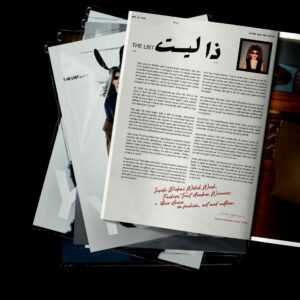Abadir – Rami Abadir – is a Cairo-born, Berlin-based producer and theorist who has quietly become a linchpin of the Middle East’s experimental music scene. His work spans glitchy club tracks, ambient soundscapes and cultural criticism. As a longtime editor of the Arabic webzine Ma3azef, Abadir writes on music history and critical theory. While as ABADIR he has released music on labels like SVBVKLT and Genot Centre. His 2022 album Mutate drew praise as a “border-demolishing hybrid of Arabic popular rhythms and western club sounds” (thequietus.com) marrying traditional Egyptian maqsum beats to footwork and Jersey club.
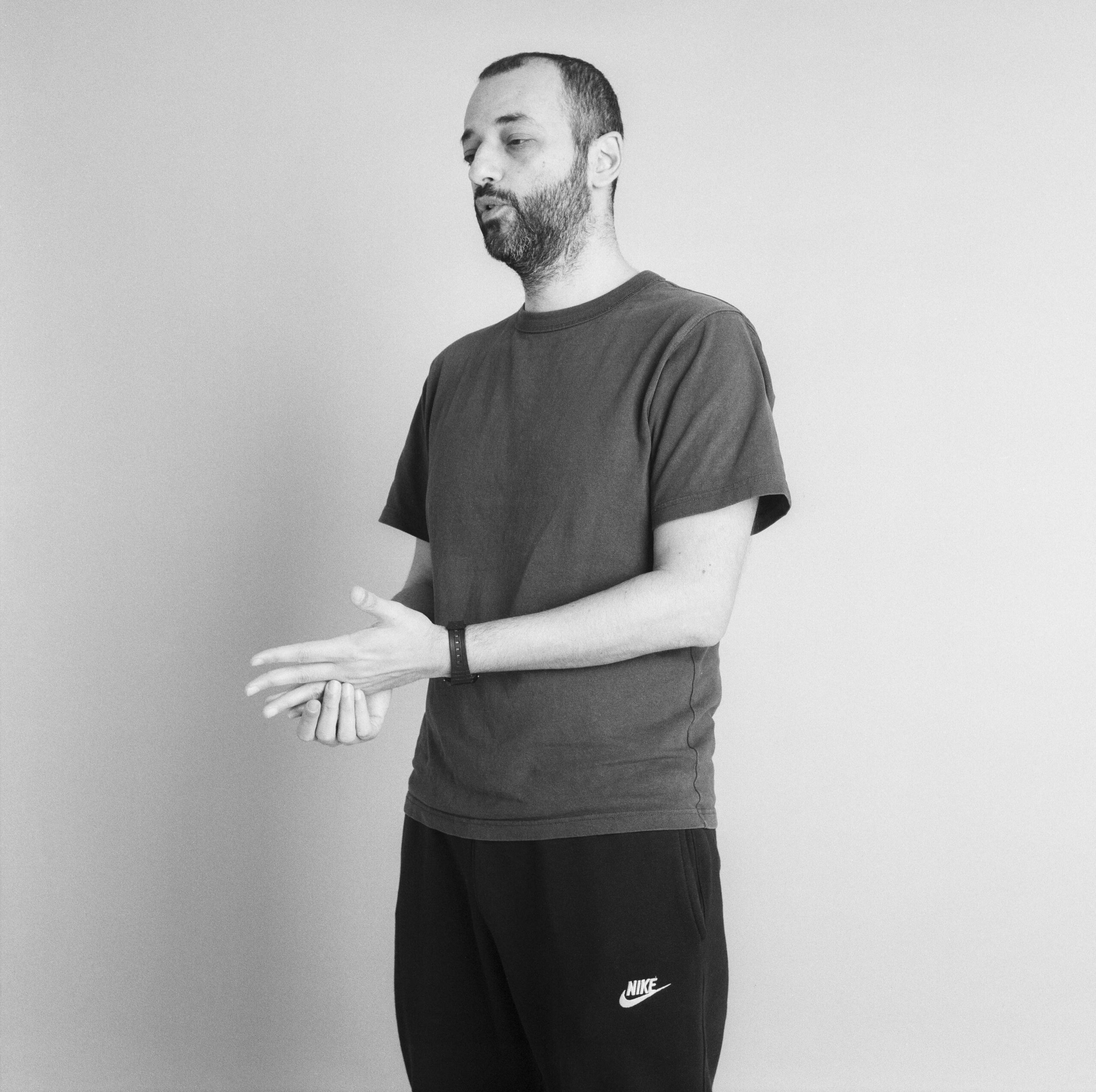
Earlier projects also signaled his conceptual ambitions: the ambient Liminal (2020) reflected on relocation, and Pause/Stutter/Uh/Repeat (2021) was literally cut from recorded speech. As The Quietus noted, on Pause/Stutter “the producer focused on barriers in communication. He recorded hours of interviews, dissected them into milliseconds and chopped snippets into glitch beats. Abadir’s music is deeply concerned with communication, as if he aimed to reach a better understanding through sounds.”
In short, Rami Abadir has forged a reputation as one of the protagonists of the region’s electronic scene. In the following conversation we probe his ideas – on futurism, identity, theory, curation and aesthetics – to understand how he situates his practice in a global but also deeply local context.
Rami Abadir on Anti-Futurism and the Burden of the Future
Abadir takes a contrarian stance toward the whole notion of futurism. He told us bluntly, “I’m against any sort of futurism,” explaining that he once studied left-leaning accelerationism but eventually found it sterile. But over time he realized these debates were largely Western. Who was theorizing them? He cites a story of a talk on Nick Srnicek’s “fully-automated luxury communism,” where an audience member asked if such a model could work in Africa. The speaker admitted he hadn’t even studied that case yet. These grand futurist models assume a blanket modernity that doesn’t hold globally. Until the reality of being financially, emotionally and politically stable holds, he regards much speculative techno-utopian talk as privileged abstraction.
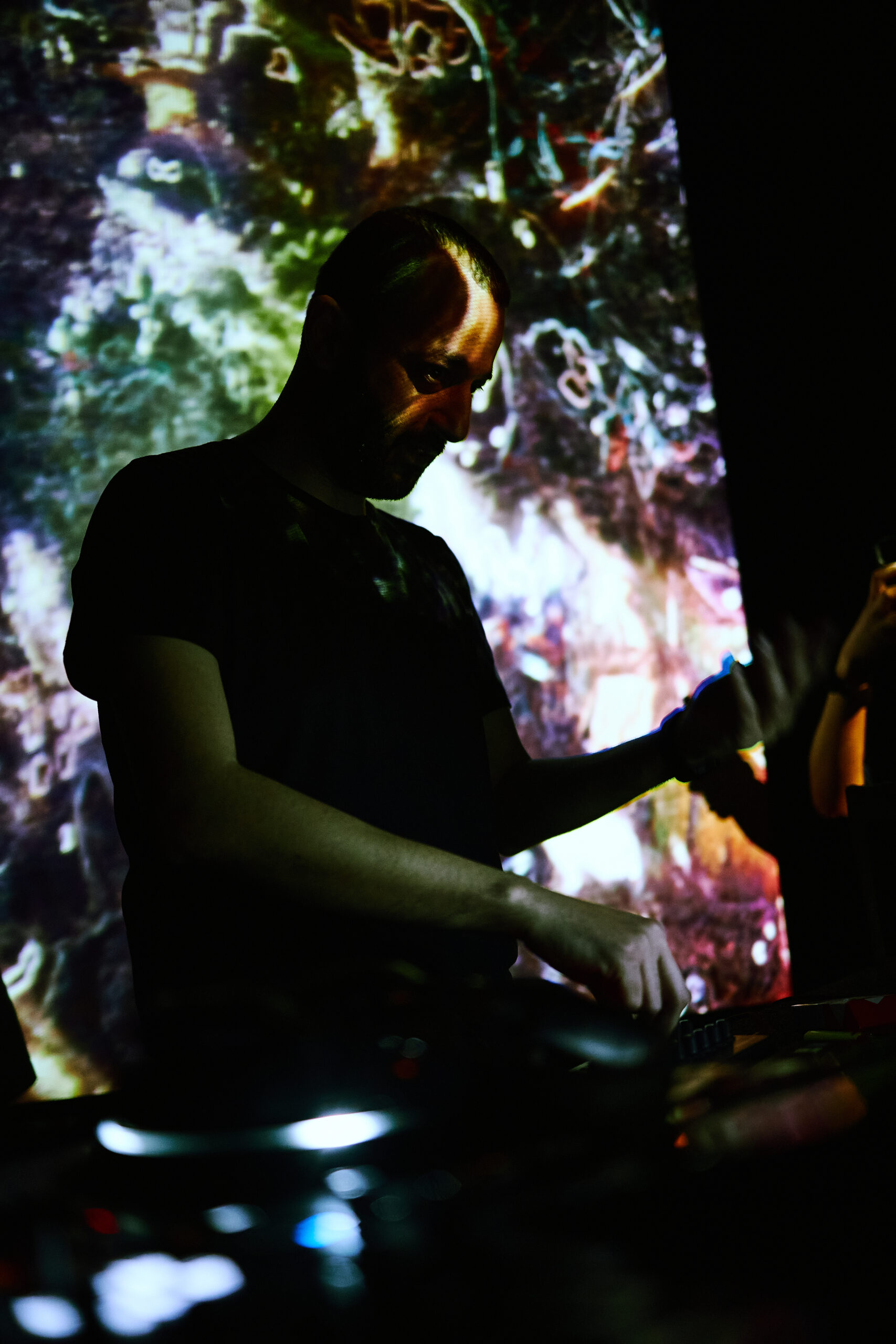
In practice this means Abadir shies away from label-heavy aesthetics. He scoffs at press descriptions of non-Western music as “futuristic” simply because it sounds new to a Western ear. Similarly, he excoriates the generic use of terms like “futuristic” or “cyber” in festival write-ups. Those buzzwords simply signal a vacuum of ideas: “All those words… honestly I feel ashamed of people using them,” he laughs. This “buzzword fatigue” – a kind of post-internet aesthetic exhaustion – mirrors larger trends. In Abadir’s view, calling an unfamiliar sound “futuristic” is often just a lazy Eurocentric shorthand, and he urges musicians and audiences alike to focus on the present and its concrete issues instead.
Identity Politics and Cultural Representation
At the same time, Abadir is deeply critical of how identity is packaged and policed in music today. “We plaster identity before anything else,” he says. By this he means that race, nationality or gender have become the primary lens for programming and funding. In our conversation he lamented that terms like “inclusivity” and “diversity” – once progressive ideals – have been turned into bureaucratic checkboxes under EU cultural policies. “All these words – inclusivity, diversity, I-don’t-know-what – are policies coming from the EU,” he explains. On paper it sounds noble (“we want everyone represented”), but in practice it’s “a form of cultural colonialism,” he argues. Initiatives by institutions like the Goethe-Institut preach inclusivity, yet only on paper – becoming criteria for grants rather than genuine engagement. He adds, “[Inclusivity] is nice talk on paper… it’s exactly what the EU expects from cultural institutions or festivals. You have to meet those points if you want funding.” In other words, Western funders demand ever more token representation, which can feel like a form of interference rather than exchange.
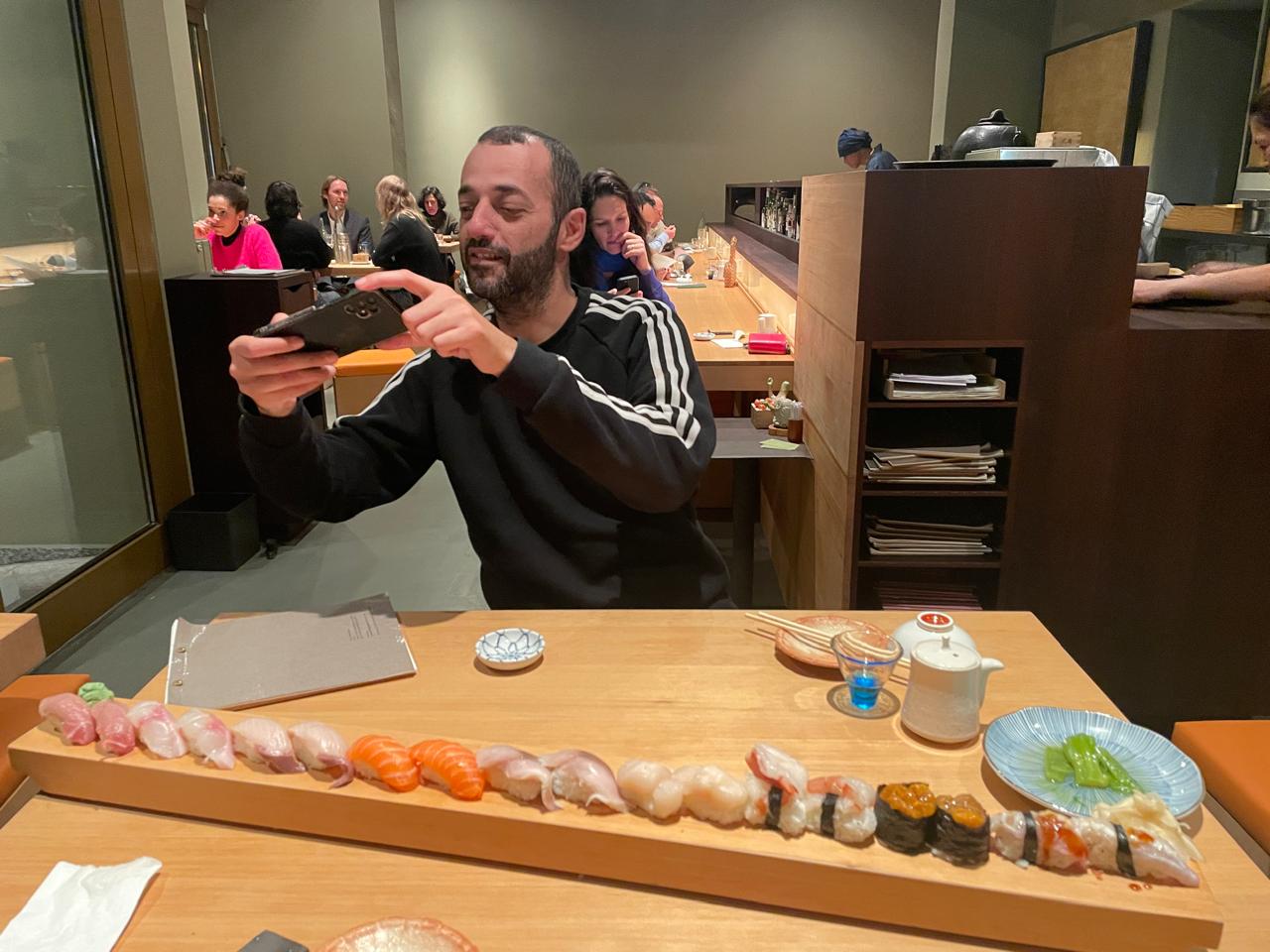
A vivid example he gives is festival lineups. Abadir says he resents being invited “because I’m Arab” rather than for his music. “I won’t be happy if I come on that bill and it’s just because I’m Arab,” he says. On the surface it sounds progressive. But he questions whether any curators have really done their homework on the Cairo or Beirut scenes, or are simply “ticking boxes” year after year. “Did the Western curator actually check the music in Cairo or Beirut to bring those who really deserve it?” he asks. Or is it a rotating quota: “This year we bring X, Y, Z; next year A, B, C,” effectively draining and exhausting the scene in the name of diversity?
He also turns the critique inward. Some artists now play the “marginalization card” to gain bookings and so they will do whatever a promoter asks. He finds that strategy dehumanizing. “It’s a shame,” he says, that people have to resort to this to get gigs. His solution is to refuse tokenism on his own terms. “Does that mean I can’t make music inspired by my environment? Of course I will, with Arabic influences,” he insists. He’ll even play along cynically: “Yes, you invited me as part of the freak show and I’m ticking your boxes,” he jokes, “but I will still do it in my own way, critically.” In other words, Rami Abadir accepts the platform but refuses to be silent or purely performative. This stance – biting the hand that feeds, yet playing by its rules – allows him to both engage with identity politics and expose their absurdities.

Concept-Driven Composition and Critical Theory
Abadir’s music is often explicitly conceptual. He traces this back to personal obsessions. Much of Abadir’s music deals with recollection and context. For Ison (2023), he sampled church choirs from his Christian upbringing; for Mutate, the album’s themes revolve around past and present colliding. His master’s thesis at Bremen was a 45-minute sound piece on nostalgia in late capitalism, built on ideas by Grafton Tanner, Nick Srnicek and Mark Fisher. But he stresses that concept in his music is not academic pose: it always ties back to genuine experience.
In practice, each album has its own context and method. Abadir approaches each project differently, guided by his state of mind and surroundings. The constant across them is a desire for communication. For example, on Pause/Stutter/Uh/Repeat he literally treated interviews as raw material: hours of spoken word were microscopically chopped into rhythmic glitches, a sonic analogy of failed conversations. Conversely, Liminal (2020) is intimate ambient music about displacement.
The result is always informed by a conceptual idea – connection through sound – more than by any fixed genre rules. In a sense, he follows a postmodern ethos but with a critical intent: every project is a mini-theory.
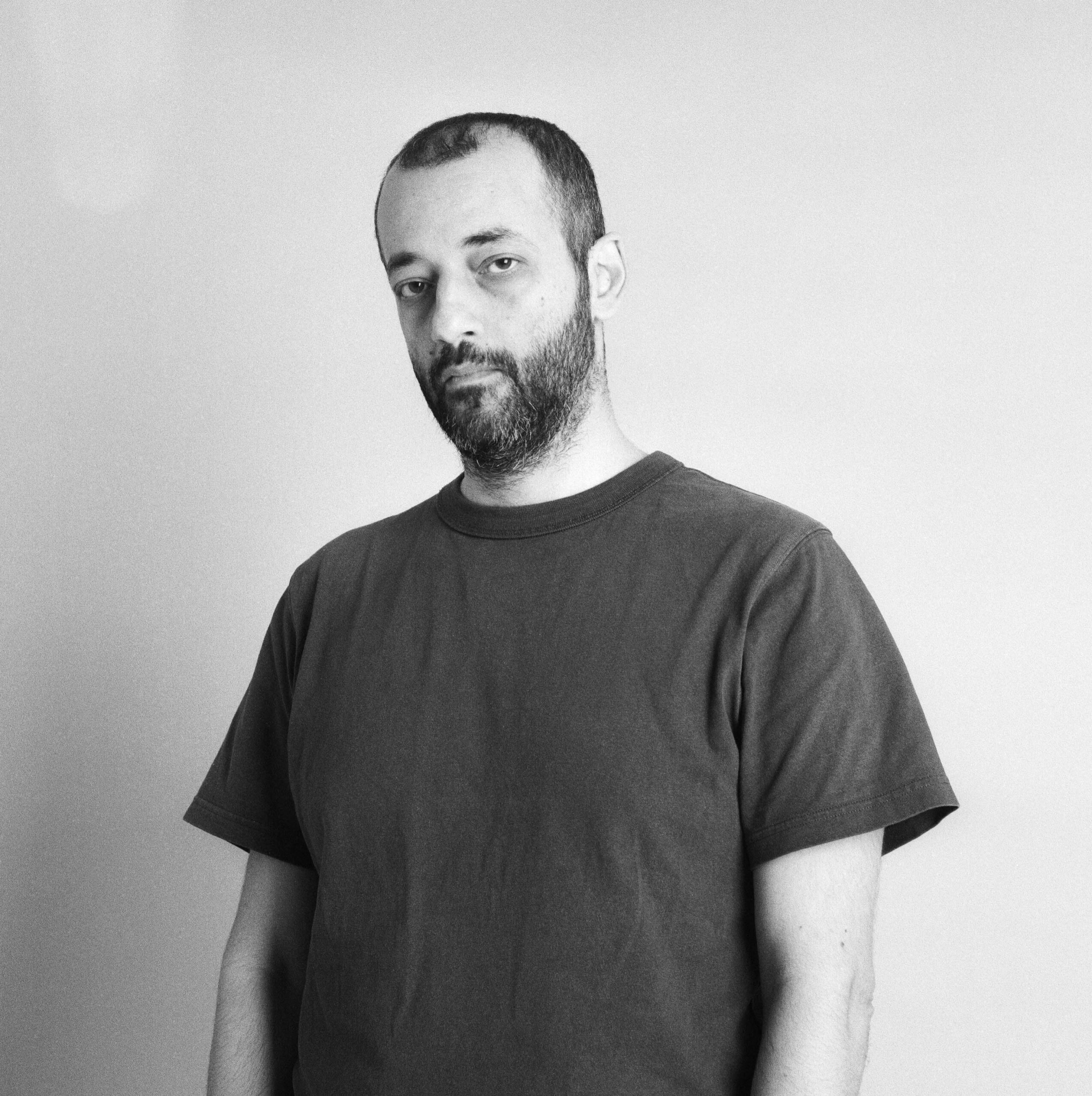
Critique of Journalism and Curation
Abadir extends his critical eye to music media and curation. He argues that many regional music platforms have fallen into a social-media echo chamber. What do they show? Primarily the Instagram-ification of music. He observes how blogs fill their sites with Instagram-style posts and press releases, rarely adding deeper content. “It shows the current obsession with social media,” he says, but also notes sourly: “When you open a social-media post, is it critical? Does it analyze anything? Usually not.” If a post looks interesting, will he click the link to read more? “Most of the time no,” he says flatly. Until he sees real investigation or insight, the site doesn’t “succeed” in his eyes. “For me, if an Instagram post finally makes me go check the website, then that platform succeeded,” he says, otherwise it’s just “recent releases and done.”
He applies the same rigor to artists and their projects. Every platform or artist, he insists, needs an editorial line or purpose. “Why am I doing this project? Why do I have this blog or label?” he says every creator should ask. “My editorial line must be connected to my ideas,” he explains. In other words, he demands intentionality. A careless writer might drop buzzwords and photos, but Rami Abadir expects a coherent stance: who are you writing for, what is your angle, what do you hope to say about our culture? If the answers are unclear, the project, like stale music labeled “futuristic,” will feel empty.
His own journalism reflects this belief. At Ma3azef and elsewhere he tries to tie coverage to theory and local insight, not just hype. He is constantly cross-referencing ideas – whether accelerationism or decolonial criticism – in his profiles and reviews. This blend of interview and commentary in our article mirrors exactly how he likes to see sound and ideas – entangled, contextual and critique-driven.

Postcolonial Aesthetics and Local Voices
A thread through all of Abadir’s remarks is an insistence on the richness of his region’s own culture. He points out that Egyptian and Levantine traditions alone offer immense inspiration. “We have a very long list of folk arts,” he says. “In Egypt every style has its dances – beautiful dances that still exist. In the Levant, a million versions of dabke… We have so much, I always ask myself, how can anyone call all that pathetic or post-anything?”
This abundant “roots” knowledge, he argues, actively blocks the need for Western futurism. Every musician in Cairo is already steeped (often unconsciously) in their environment – the street sounds, classic wedding music, neighborhood traditions. That cultural atmosphere gives a counter-narrative to any imported aesthetic.
Critics have noted that Abadir’s own sound is only now explicitly embracing these roots. As The Quietus review observed, his early albums largely avoided overtly “Orientalist” elements so as not to play to Western preconceptions. Mutate marked a turning point: it introduces Arabic drums, chants and melodies into the mix for the first time. As the reviewer put it, this album “opens a new chapter” precisely by weaving in Arabic musical elements. Abadir’s perspective reframes this not as a concession but a homecoming. Western critics might gush over exoticism, but Rami Abadir emphasizes something subtler: he is not an outsider looking in, but an insider on equal footing.
In conversation he likened the Western approach to a form of postcolonial recycling. He notes that some European bookers still see Middle Eastern artists as a puzzle to assemble. “They want to say: ‘Look, we have so many Arabs, so many people of colour– like checking boxes,” he says. But he urges them instead to see each artist on their own terms. He cheekily calls himself part of the “freak show”. This attitude – mixing self-aware irony with open defiance – captures his postcolonial stance: he recognizes power dynamics but asserts agency.
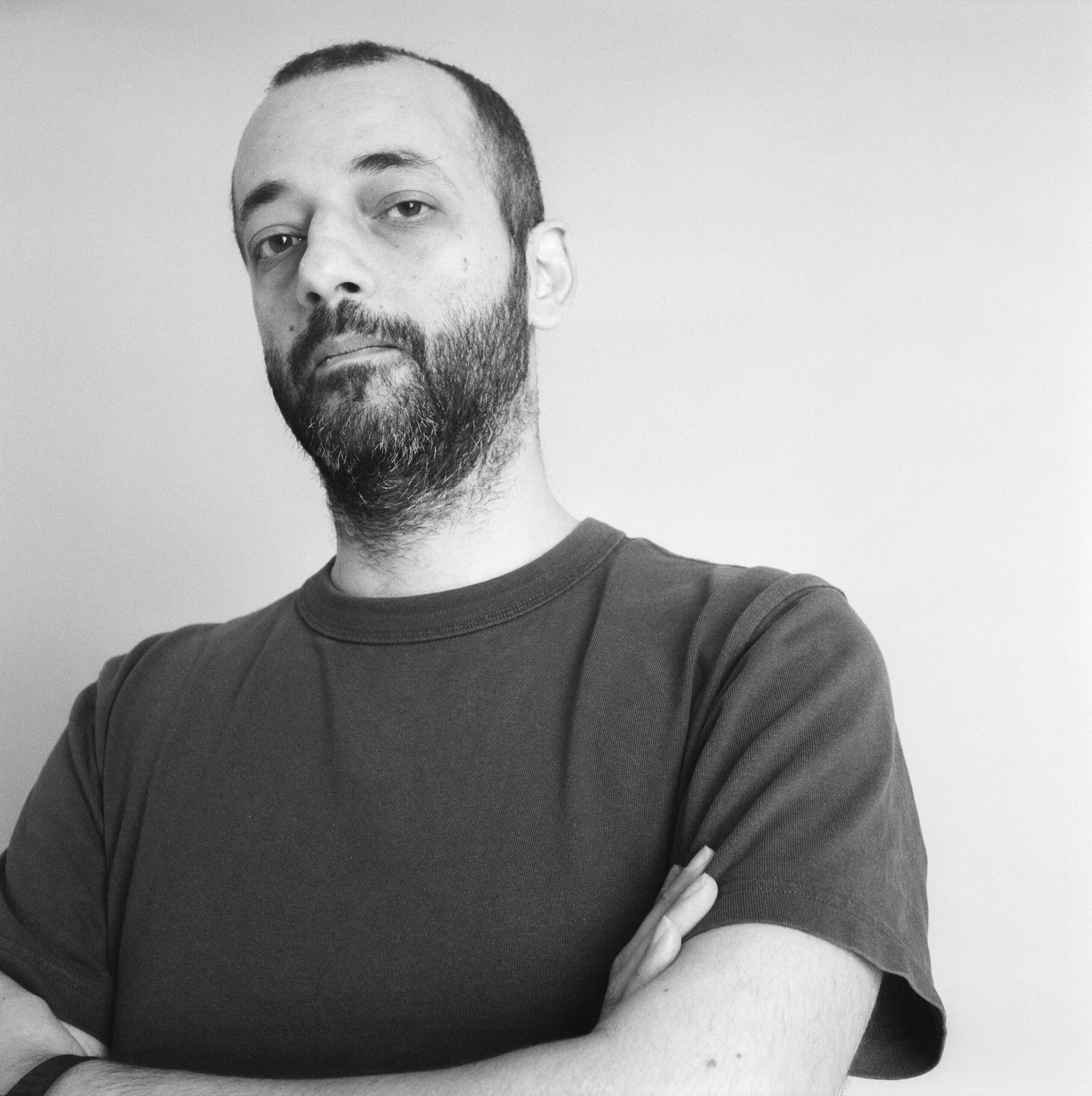
Perhaps most pointedly, Abadir rejects any romantic notion that the Arab soundscape is a blank canvas for Western projection. He warns that Western critics often fetishize Middle Eastern voices (as Strings of the Orient or “mysterious” drones, etc.) without understanding them. Instead, he consistently steers the conversation back to the present realities of his society. His insistence on “living here” is a reminder that regional artists make art amid normal life – bureaucracy, politics, everyday joys and struggles – and that context shapes the sound just as much as any tech.
Sound as Socio-Political Commentary
Finally, Rami Abadir explicitly frames music as inherently political, even when it doesn’t flaunt slogans. He points out that even seemingly apolitical folk music becomes political through its circumstances. Take Egyptian Mahraganat: the lyrics might be innocuous, but blaring that music in a heavily policed urban environment becomes an act of resistance. In other words, sound carries politics simply by moving through a lived world of power.
Abadir goes further in seeing listening itself as a political act. He describes his own practice: if he hears a track from an unfamiliar culture, he doesn’t just dance to it – he Googles it. In this way, music becomes a bridge between societies rather than a monologue. It can tear down walls of ignorance – the very “barriers in communication” he thematized on Pause/Stutter. As Quietus puts it, Mutate feels like “an urgently danceable appeal that any remaining barriers in communication and understanding within club scenes must be torn down.” Abadir embodies that appeal: his compositions and his words consistently invite dialogue and dismantle prejudice.

In the end, Abadir gives the impression of a critical thinker as much as a musician. His performance persona is that of a humble DJ, but his discourse is razor-sharp. Throughout our conversation he interweaves references – from Nick Srnicek’s economics to postcolonial theory – in a natural way. He treats his music projects like philosophical experiments and treats the industry like a social text to be read and critiqued. As a journalist, he expects others in his scene to do the same: to question why any project exists, what ideas it stands for, and what audience it serves. This attitude sets him apart as a thinker-performer.
This is one of many conversations reshaping how we interact with music. Dive deeper into our growing archive of artist interviews, like this with Rami Abadir, and scene critiques here.




